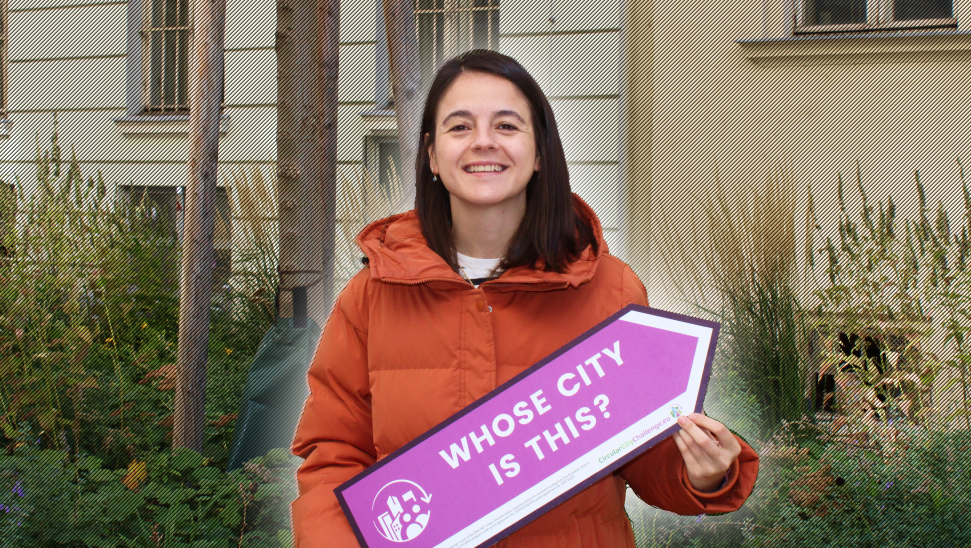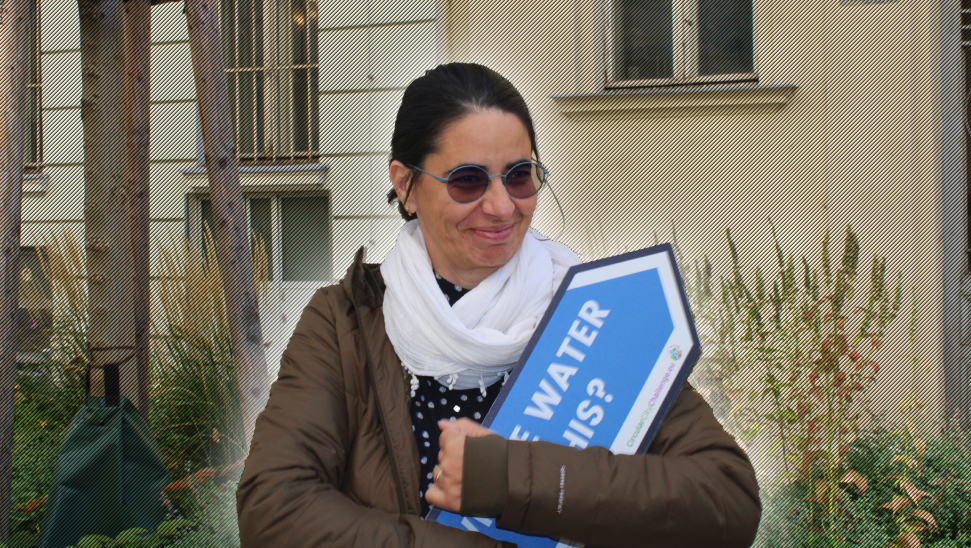
Meet the Team: Özlemnur Ataol
Özlemnur Ataol is an urban planner & researcher who specialized in participatory urban research and collaborative urban planning & management with underrepresented groups. Her research analyses how cities can benefit from participatory approaches for better inclusive and just development & management. Ataol holds a PhD in Urbanism and is currently a postdoctoral researcher at Maastricht University. She dedicates her research to empowering children’s representation in urban planning & management and urban research since children are a distinctive group of urban citizens.
What drives you professionally? What do want to achieve with your (personal) work? What do you consider your biggest personal successes? What are the barriers to your ambition?
I research children’s participation in urban planning towards creating cities for children. I strongly believe that if we create cities for children, we will end up with cities for everyone as they are the indicators of livable, healthy, inclusive, and fun cities. And believe me, there are lots of people out there who share this belief. Collaborating with young people is what makes my professional work interesting: I keep myself up-to-date on the daily urban life challenges of young people who are future adults and the future of nations. Through collaborating with young people, I want to achieve disseminate more knowledge on young people’s capabilities in the decision-making of our cities.
Why is CCC important to you? What is your role in the project?
With the CCC project, I will continue to collaborate with young people and that is a drive for me an opportunity to expand my knowledge from the point of view of young people on urban circularity. I am a postdoctoral researcher from Maastricht University. I share responsibilities with other members of the CCC team, such as creating a framework of the circular city, urban circularity in education for sustainable education and ethical review and also application of partnership workshops in the Dutch context.
How can CCC make a difference? What are the barriers to that? And what are the opportunities?
CCC carries enormous potential to show the whole world that young people can surprise you with their ideas and interests in topics that you would never guess. That is a benefit for society as it can change our approach to the existing system in cities. Besides, the CCC project will be providing a platform for young people to have a direct connection with people from different sectors, including academia, industry, and local governance to collaborate with. That’s another win for again society as this connection could mitigate some biases on both sides.

